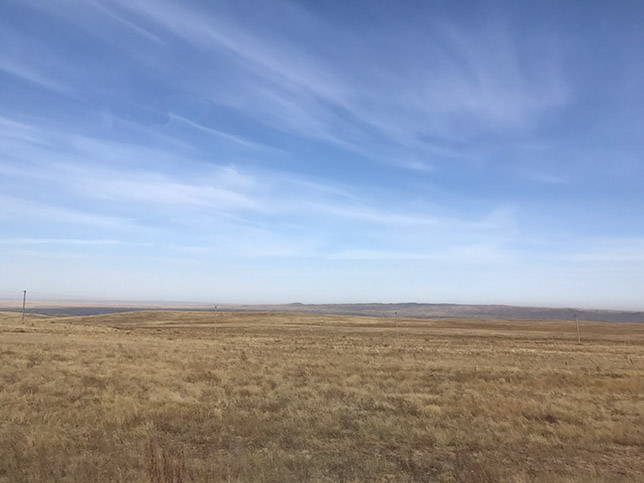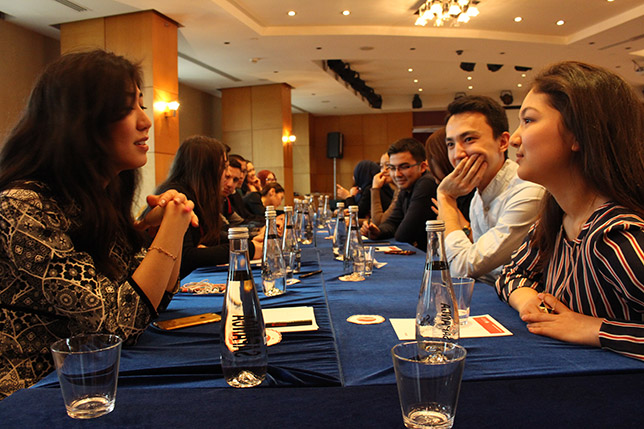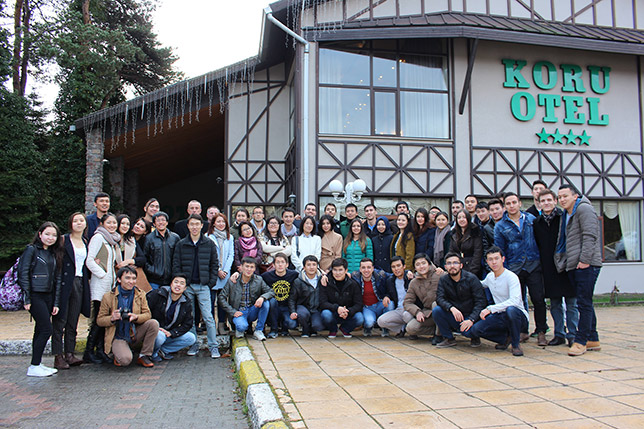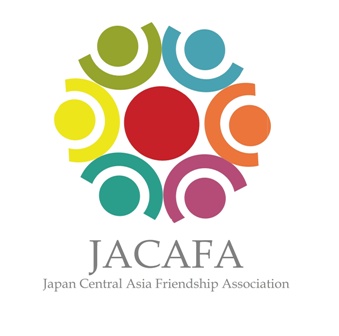JACAFA: A Network for Central Asia and Japan

Origins of a Regional Network
In 1991, the dissolution of the USSR raised a new curtain on relations between the former Soviet republics and the rest of the world. At the international level, this meant a redrawing of the geopolitical map, and for Japan, a new area to which to contribute developmental energies. At the individual level, the opening of relations was perceived by many as an opportunity, enabling unprecedented numbers of people to go abroad. Many went as tourists or migrants. Many more as students.

For students from the Central Asian republics, one obvious destination was Turkey. Its regional proximity, strong historical and cultural connections, and linguistic similarities combined to make it ideal for young scholars seeking an education beyond their national borders.
Then, a decade later, the Turkish economy imploded. The Turkish lira devalued by half over the course of eight months, the stock market crashed, and the consumer price index nearly doubled. For the many young scholars from Central Asia, this meant that while tuition might still be provided, the cost of living suddenly made life as a student impossible.
This was a multinational issue, and from 2004 The Nippon Foundation began aiding the best and brightest Central Asian students studying at major Turkish universities, providing funds for books and living expenses. With this aid, more than 300 of Central Asia’s best and brightest young people could acquire the education needed to grow into the next generation of leaders. We expected that, while some might take the opportunity provided by education to pursue lives abroad, many others would return to their home countries after graduation. This is indeed what happened, and those who returned are today finding themselves on career paths that would never have been possible without our aid.

An Engine for Progress
All grant-based initiatives have a shelf life, and by 2016, this program had run its course. We realized however, that over the course of the preceding 10 years, we had pulled together the human resources needed to build an engine for progress in the Central Asian region. If the leaders and researchers who had returned to their countries could somehow be brought together in a network, and if that network had a modicum of financial resources to work with, it could become a force that would forge ever stronger ties between the disparate nations of Central Asia. In this way, it would help the emerging region to fully realize its potential.
And so, we launched the Japan-Central Asia Friendship Association. JACAFA, as it is commonly known, aims to build a proactive alumni network in Central Asia that will then implement projects in cooperation with other NGOs, universities, think tanks, government institutions, and private companies. We aim for it to become a hub for cooperation throughout the region.
JACAFA’s members are brilliant, inspired leaders with drive, and the fact that they have returned to their home countries following their experiences overseas shows deep commitment to the development of their countries and the region. This commitment and ability is further augmented by overseas experience that has given them an appreciation of the benefits of internationalization.

JACAFA’s Activities
Concretely speaking, its basic activities are expected to include:
- Research on Japan-Central Asia bilateral relations, regional studies on Central Asia, and studies of the ASEAN model of regional cooperation;
- Regular meetings and conferences, organized on a rotating basis in participating nations;
- Exchange programs conducted in cooperation with Japanese universities;
- Internships at Japanese companies.

In implementing these programs, there are only two basic rules that participants are expected to follow. The first is that activities must be directly related to the JACAFA alumni network in some way. The second is that activities must aid the individual growth of participating members and the JACAFA community in general.
Though the organization was only launched in January 2017, it already has been at the center of international forums held in Kazakhstan and Japan, and has sponsored a group of young Central Asian intellectuals on a research tour of Japan. In October, the first annual JACAFA Conference will be held in Almaty, Kazakhstan. This is expected to be the first of a series held in the various countries of Central Asia.
Who can Apply
N.B.: Former scholars from the Japan Turkey Central Asia Friendship Association (JATCAFA) program are all encouraged to take part and to apply for grants to conduct projects that would be of benefit to the region, the network, and their own work.
Related Link
Contact
Ms. Kyoko Vrboski, Chairperson of JACAFA
- E-mail:kyokovrboski@yahoo.co.jp



